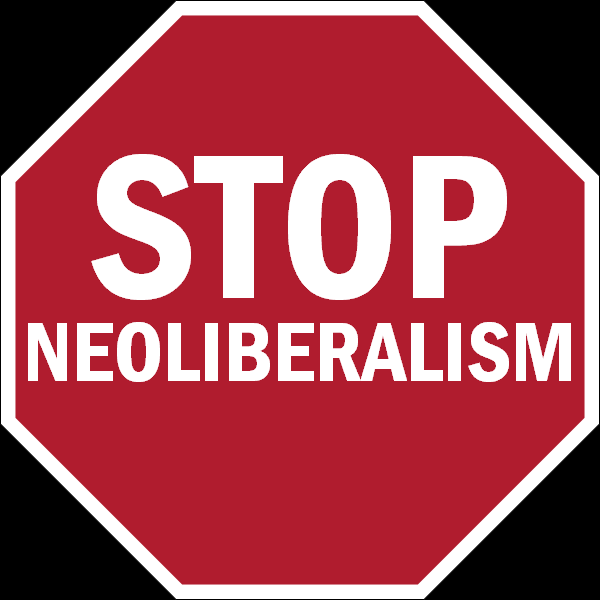
excerpt from NY Times:
The solution is the privatization of everything (hence the slogan “let’s get governments off our backs”), which would include social security, health care, K-12 education, the ownership and maintenance of toll–roads, railways, airlines, energy production, communication systems and the flow of money. (This list, far from exhaustive, should alert us to the extent to which the neoliberal agenda has already succeeded.)
The assumption is that if free enterprise is allowed to make its way into every corner of human existence, the results will be better overall for everyone, even for those who are temporarily disadvantaged, let’s say by being deprived of their fish.
The objection (which I am reporting, not making) is that in the passage from a state in which actions are guided by an overarching notion of the public good to a state in which individual entrepreneurs “freely” pursue their private goods, values like morality, justice, fairness, empathy, nobility and love are either abandoned or redefined in market terms.
Short-term transactions-for-profit replace long-term planning designed to produce a more just and equitable society. Everyone is always running around doing and acquiring things, but the things done and acquired provide only momentary and empty pleasures (shopping, trophy houses, designer clothing and jewelry), which in the end amount to nothing. Neoliberalism, David Harvey explains, delivers a “world of pseudo-satisfactions that is superficially exciting but hollow at its core.” (”A Brief History of Neoliberalism.”)
Harvey and the other critics of neoliberalism explain that once neoliberal goals and priorities become embedded in a culture’s way of thinking, institutions that don’t regard themselves as neoliberal will nevertheless engage in practices that mime and extend neoliberal principles — privatization, untrammeled competition, the retreat from social engineering, the proliferation of markets. These are exactly the principles and practices these critics find in the 21st century university, where (according to Henry Giroux) the “historical legacy” of the university conceived “as a crucial public sphere” has given way to a university “that now narrates itself in terms that are more instrumental, commercial and practical.” (“Academic Unfreedom in America,” in Works and Days.)
This new narrative has been produced (and necessitated) by the withdrawal of the state from the funding of its so-called public universities. If the percentage of a state’s contribution to a college’s operating expenses falls from 80 to 10 and less (this has been the relentless trajectory of the past 40 years) and if, at the same time, demand for the “product” of higher education rises and the cost of delivering that product (the cost of supplies, personnel, information systems, maintenance, construction, insurance, security) skyrockets, a huge gap opens up that will have to be filled somehow.
Faced with this situation universities have responded by (1) raising tuition, in effect passing the burden of costs to the students who now become consumers and debt-holders rather than beneficiaries of enlightenment (2) entering into research partnerships with industry and thus courting the danger of turning the pursuit of truth into the pursuit of profits and (3) hiring a larger and larger number of short-term, part-time adjuncts who as members of a transient and disposable workforce are in no position to challenge the university’s practices or agitate for an academy more committed to the realization of democratic rather than monetary goals. In short , universities have embraced neoliberalism.
Meanwhile, even those few faculty members with security of employment do their bit for neoliberalism when they retire to their professional enclaves and churn out reams of scholarship (their equivalent of capital) that is increasingly specialized and without a clear connection to the public interest: “[F]aculty have progressively . . . favored professionalism over social responsibility and have . . . refused to take positions on controversial issues”; as a result they have “become disconnected from political agency and thereby incapable of taking a political stand” (McClennen, Works and Days).

No comments:
Post a Comment